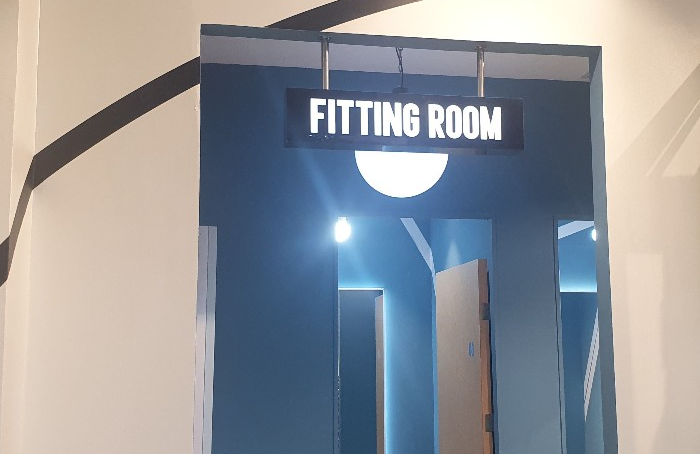Can, Could, Be able to 정리
Can, Could, Be able to는 모두 능력(ability), 가능성(possibility), 허락(permission) 등을 나타낼 때 사용됩니다.
하지만 각각의 의미와 사용법에 차이가 있습니다.
1. Can – 현재 능력, 가능성, 허락
● 현재의 능력 (Present Ability)
I can swim. (나는 수영할 수 있어.)
She can play the piano. (그녀는 피아노를 칠 수 있어.)
● 가능성 (Possibility)
It can be very cold in winter. (겨울에는 매우 추울 수 있어.)
Anyone can make mistakes. (누구나 실수를 할 수 있어.)
● 허락 (Permission)
Can I use your phone? (내가 네 폰 써도 돼?)
You can leave now. (이제 가도 돼.)
● 요청 (Request)
Can you help me? (나 좀 도와줄래?)
--- Can은 일반적인 능력, 허락, 요청, 가능성을 표현할 때 사용됩니다.
2. Could – 과거의 능력, 공손한 요청, 가능성
● 과거의 능력 (Past Ability)
When I was young, I could run very fast. (어릴 때 나는 매우 빨리 뛸 수 있었다.)
She could swim when she was five. (그녀는 5살 때 수영할 수 있었다.)
● 공손한 요청 (Polite Request)
Could you help me, please? (도와주실 수 있나요?)
Could I borrow your book? (책을 빌려도 될까요?)
● 약한 가능성 (Weak Possibility)
It could rain later. (나중에 비가 올 수도 있어.)
This could be dangerous. (이건 위험할 수도 있어.)
---- Could는 "과거의 능력", "공손한 요청", "불확실한 가능성"을 표현할 때 사용됩니다.
3. Be able to – 특정한 상황에서의 능력, 공식적인 표현
● 현재 & 미래 능력 (Present & Future Ability)
I am able to swim across the river. (나는 강을 건널 수 있어.)
She will be able to join us later. (그녀는 나중에 우리와 함께할 수 있을 거야.)
● 과거 특정한 능력 (Past Specific Ability)
He was able to escape from the fire. (그는 불에서 탈출할 수 있었다.)
We were able to find a good restaurant. (우리는 좋은 식당을 찾을 수 있었다.)
● 공식적/격식 있는 표현 (Formal Use)
Employees must be able to work under pressure. (직원들은 압박 속에서도 일할 수 있어야 한다.)
--- Be able to는 특정한 상황에서의 능력, 미래 표현, 더 공식적인 문장에서 사용됩니다.
4. Can 대신 Be able to를 써야 하는 경우
● 미래 시제에서 사용해야 할 때
I can help you tomorrow. (틀림)
I will be able to help you tomorrow. (올바름)
●과거 특정한 상황에서의 능력을 말할 때
He could escape from the fire. (틀림 - 일반적인 능력처럼 들림)
He was able to escape from the fire. (올바름 - 특정한 사건)
●더 격식 있는 문장에서 사용해야 할 때
Employees can work under pressure. (틀림 - 너무 일반적)
Employees must be able to work under pressure. (올바름 - 공식적)
6. 결론 (Key Takeaways)
Can → 일반적인 능력, 가능성, 허락, 요청 (더 구어체)
Could → 과거의 능력, 더 공손한 요청, 가능성이 낮은 상황
Be able to → 특정한 상황에서 능력, 미래 표현, 공식적/격식 있는 표현
쉽게 기억하는 법:
“Can” = 일반적인 능력
“Could” = 과거의 능력, 공손한 표현
“Be able to” = 특정한 상황에서 능력 or 미래/격식 표현






